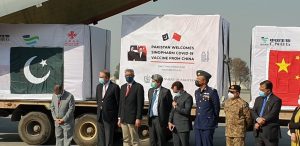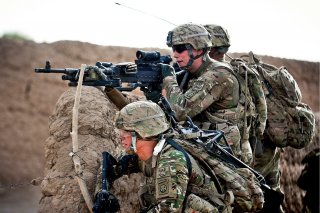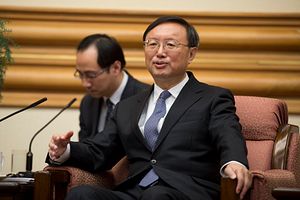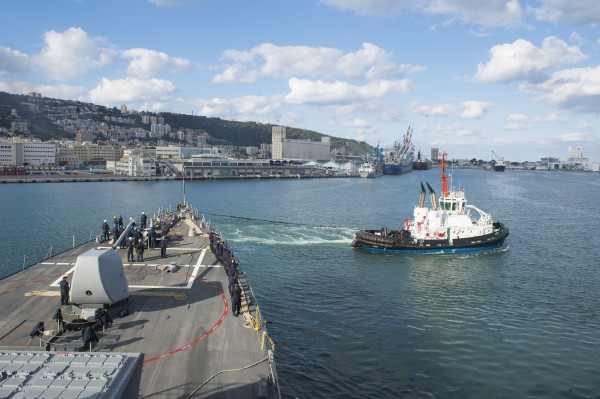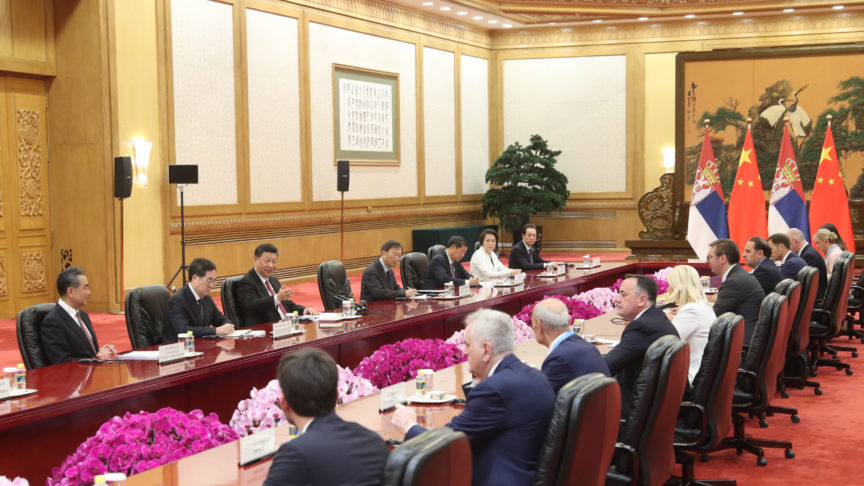TARA KARTHA
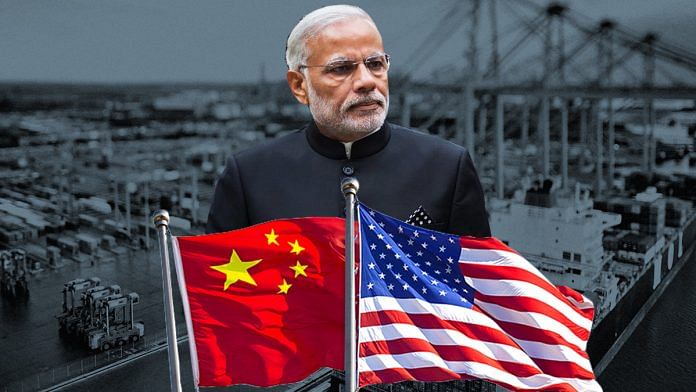
Kennan’s paper was published anonymously in Foreign Affairs in 1947 and created a sensation. This one has been published by the Atlantic Council, and is likely to be equally central in setting the stage for US policy on China for this decade at the very least. Take a copy of this and keep it safe. It’s going to be important.
It gets even more interesting. In his first week in the White House, President Joe Biden may already have followed some of its central precepts. Then there is what the paper says, or doesn’t say, on India, even as our own erudite Foreign Minister S. Jaishankar delivered his own limited ‘‘strategy’’ against China. One is a tome; the other a diplomatic wish list.
First, Jaishankar’s ‘propositions’ on how to stabilise a relationship gone bad are, in all fairness, not a strategy — though the Narendra Modi government badly needs one — but a message to Beijing.

